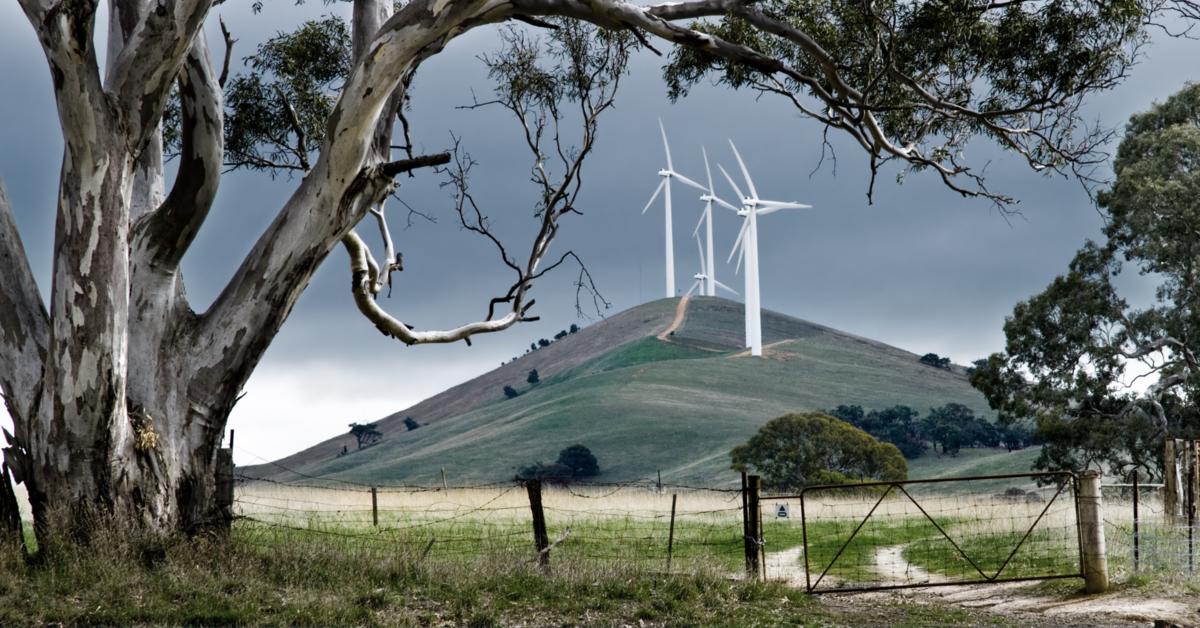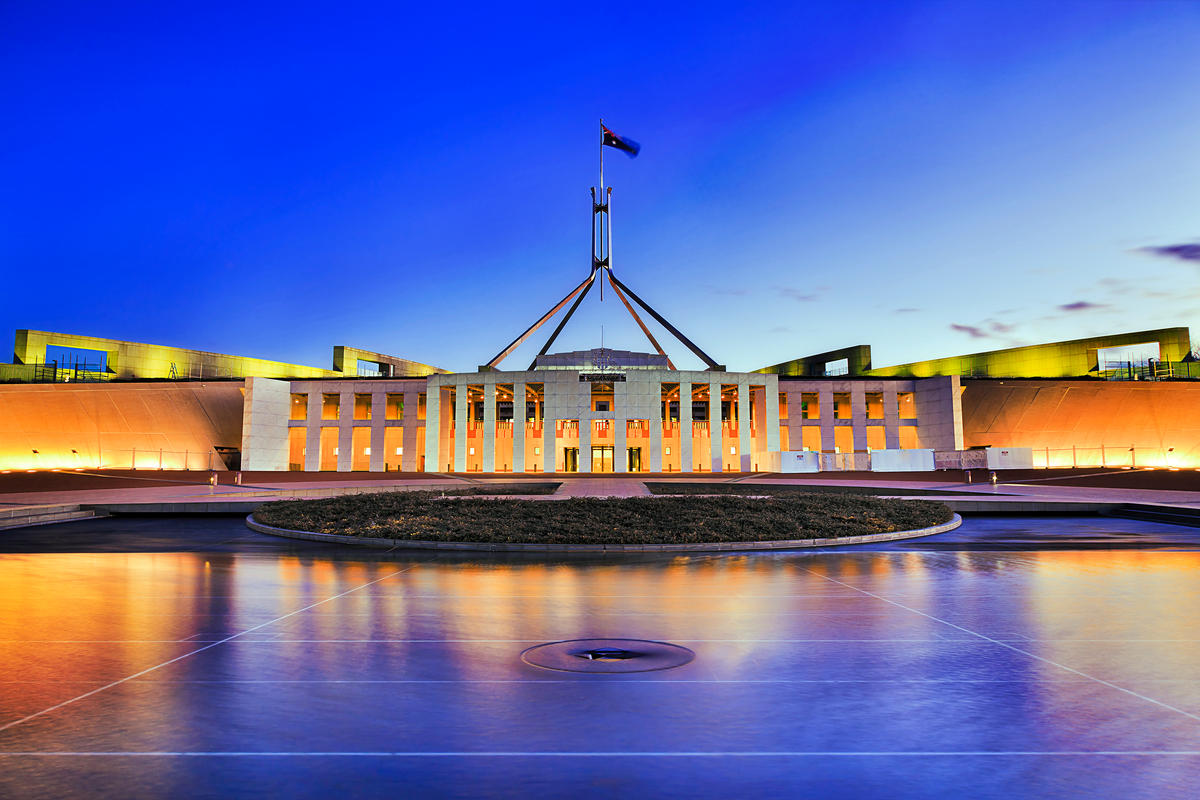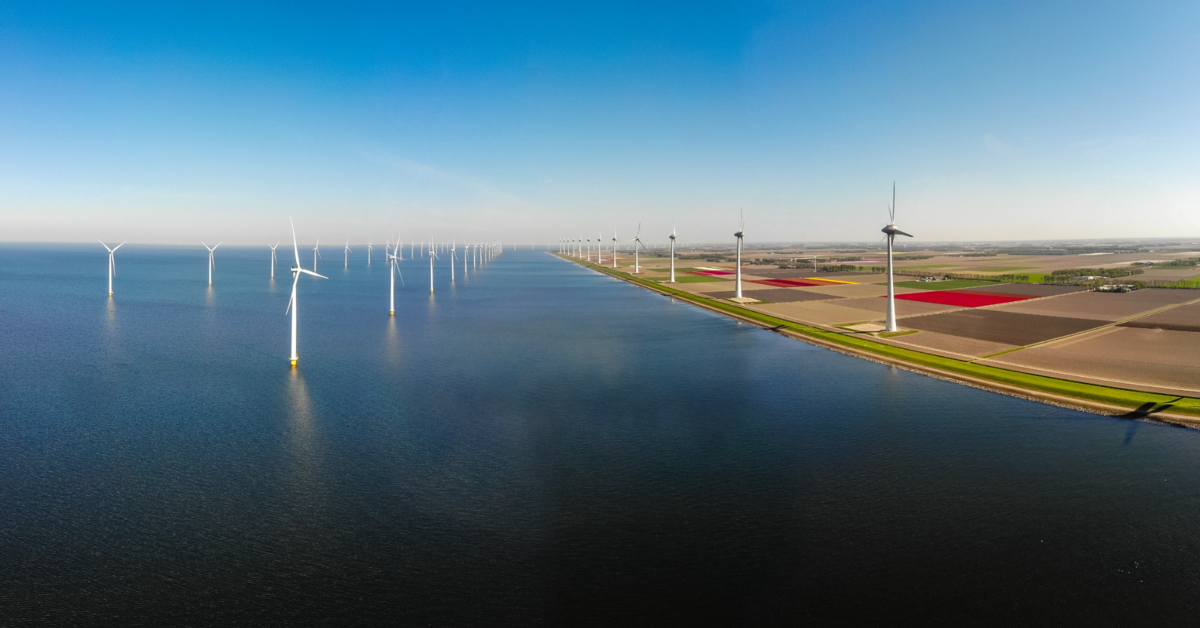Singapore’s 2023 Presidential Election and What’s Next
At A Glance
Tharman Shanmugaratnam, the highly popular “government-endorsed” candidate and former Deputy Prime Minister, swept polls in Singapore’s Presidential Election on September 1, defeating two other independent candidates by a landslide 70.4% vote share.
Although a largely custodial role, the Presidential Election was another referendum on the ruling People’s Action Party (PAP) government, which has reeled from an unprecedented series of scandals.
Direct impacts on business are not anticipated. Of more significance are the upcoming General Elections, expected to be called in 2024. The septuagenarian Prime Minister Lee Hsien Loong is anticipated to pass the baton to the “Fourth Generation” PAP leadership and successor-in-waiting, Deputy Prime Minister Lawrence Wong.
Landslide victory for the Government
Mr. Tharman Shanmugaratnam, one of the Singapore ruling party’s most visible and popular politicians, won September’s Presidential Election with an unprecedented 70.4% vote landslide. It astounded pundits, but also provoked questions whether his win was more a matter of personal star power than an endorsement of the ruling People’s Action Party (PAP).
On top of challenges with inflation and housing, the Government had reeled from an unprecedented series of political scandals in the last few months. The election was therefore regarded by many as another referendum on the PAP’s performance. Mr. Tharman’s running as the “government-endorsed” candidate was seen as a strategic attempt to mollify a restive electorate—one that seems to have played out as planned.
Leaning left of the party line and representing a more progressive and reformist brand of the PAP, Mr. Tharman brought wide appeal even to anti-establishment voters—especially compared to his less organized rival candidates. Yet his Presidency does little to deliver a pivot in Singapore’s political power dynamics.
Much ado about nothing?
Presidential powers are rarely exercised. They extend largely to vetoing and approving budgets and appointments. It is primarily a custodial role. The Presidential Election yields little direct implications on Singapore’s policy and economic direction. Indeed, confusion over presidential powers proved salient throughout the campaign. One of the candidates, Mr. Tan Kin Lian, was even asked to remove parts of his campaign speech by the public broadcaster over “inaccuracies about the president’s role.”
In fact, discretionary presidential powers can ultimately only be exercised after consultation with the government-appointed Council of Presidential Advisors (CPA). It is an important, but oft-overlooked fact, and some constitutional scholars argue that the president’s powers are in many ways subordinate to the CPA. It was for this reason that many observers queried just why Tharman sought the position. Some bemoaned that this was a waste of talent for one of Singapore’s brightest stars. They may have a point.
Recent years have brought calls for an evolution of the president’s role. This has been sought to balance the PAP’s dominance in government and in Parliament, where the PAP enjoys a super-majority. The election campaigns were certainly run with this tacitly in frame. Despite their long mutual associations with the PAP, all three candidates in the 2023 Presidential Election had sought to burnish their reputations as non-partisan and independent of the PAP.
In response to queries of his tight association with the Government impeding his non-partisan duties as president, Mr. Tharman suggested that he retained an “independence of mind.” Mr. Tharman’s colorful rival candidate, Mr. Tan Kin Lian, went even farther, securing partisan endorsements from opposition candidates.
Anxieties on identity and race politics abated
A Ceylonese Tamil, Mr. Tharman’s victory, against two rival ethnic Chinese candidates, was also significant as the first competitively elected minority-race president in the ethnic Chinese majority country. He quickly declared that Singapore was ready for a non-Chinese prime minister—a repartee to a 2019 controversy stirred by Deputy Prime Minister Mr. Heng Swee Keat, who claimed Singaporeans were not ready. Critics then had seen Mr. Heng’s statement as justification for the PAP’s passing over of the highly popular Mr. Tharman for the prime minister role amidst the then-succession crisis.
Race politics has long been touchy in multi-ethnic Singapore, but has also been wielded to great political effect by the PAP Government. The change in most electoral constituencies to multi-candidate group constituencies was instituted in the 1980s to ensure minority representation. However, some analysts allege this allows the PAP to maintain “legislative dominance despite its declining vote share. ” Under the system, the numerically disadvantaged and under-resourced Opposition is forced to field more candidates to contest seats with the PAP. Race was also central in the Government’s decision to “reserve” the previous Presidential Election for Malay-minority candidates amidst a five-term hiatus in Malay-minority presidents. Critics again alleged this decision as a way of preventing an embarrassing government loss, given tight margins seen in the preceding Presidential Election. The PAP-endorsed candidate, Mdm. Halimah Yacob, subsequently won in a walkover, with rival candidates disqualified.
Mr. Tharman’s overwhelming vote share in 2023 also suggests a voter repudiation of anti-establishment identity politics. His oddball rival, Mr. Tan Kin Lian, grabbed headlines with his opportunist use of anti-immigrant and racially-tinged rhetoric along the campaign trail. Such antagonistic “dog whistling” has long been associated with an older anti-establishment segment of the political spectrum. A major feminist organization had also called out his past objectification of women on his social media posts. Despite these attempts to appeal to the growing swathes of non-establishment swing voters, Mr. Tan’s dismal showing of less than 14% underscored the hollowness of this strategy.
2024 in mind
Of greater significance is the upcoming General Elections for the unicameral Parliament in which Prime Minister Lee Hsien Loong is anticipated to hand over reigns to his successor, current Deputy Prime Minister Lawrence Wong. Prime Minister Lee, a double cancer survivor and son of Singapore’s founding strongman, Lee Kuan Yew, has presided over an increasingly fractious political landscape since 2004. The General Elections are anticipated to be called in 2024.
In the past year alone, the ruling PAP Government was rocked by a spate of rare scandals including an ongoing corruption probe into Transport Minister S. Iswaran and resignation of the Speaker of Parliament over an extramarital affair and a hot mic incident. Long known for its reputation for clean, tough-on-graft governance, the Prime Minister acknowledged that the party had “taken a hit.” But these hits are but additional bruising amidst a skyrocketing housing cost and increasing political plurality.
In the land-scarce city-state, 80% of Singaporeans live in public housing. With a COVID-19 crunch in construction and housing supply unable to meet the post-pandemic recovery of demand, resale public housing has fetched eye-watering amounts. It is now commonplace for 110-square-meter public flats near metro stations to transact for over a million Singapore dollars (USD 735,000) per unit. This presents a major policy dilemma: ensuring younger Singaporeans can afford public housing while simultaneously propping up public housing prices which represent “nest eggs” of the home-owning electorate.
Expatriates too are feeling the pinch. With rent control laws abolished in 2001, a 100% increase in residential rents are a harrowingly routine horror story in the post-pandemic period. In a 2023 survey of rising rents in residential and office spaces, the European Chamber of Commerce (Singapore) warned that expatriates and foreign businesses were considering relocating from the business hub.
Government efforts to tame the rise in housing cost through increased stamp duties, restrictions, and hastened public housing construction have yielded some relief. But it is uncertain if the Government can continue to toe the long-term dilemma between housing affordability and home-owner interests.
In the political arena, the ruling PAP also faces unprecedented dissent from among Singapore’s political elite. Mr. Tan Cheng Bock, a popular former backbencher of the PAP, launched an opposition political party in 2019, promising a return to the “good ole days” of a socially progressive PAP which according to him, has lost its way. Despite a less-than-stellar showing in the 2020 General Elections, his Progress Singapore Party (PSP) is the now the second largest of the only two opposition parties in Parliament. The Prime Minister is also locked in a long-running legal and political battle with his siblings, Mr. Lee Hsien Yang and Ms. Lee Wei Ling, who, among other claims of power abuse, publicly allege that their older brother is seeking to establish a dynastic ruling family. The younger brother also shortly joined the PSP but has since gone into self-exile over allegations of political harassment from “organs of the state.”
In the lead-up to the 2024 General Elections, and should the PAP misread what Tharman’s 70.4% vote share symbolizes, the ruling party’s preparation to address challenging electorate demands is unclear.
Business as usual
As a custodial presidential role, Mr. Tharman's election should not have direct impact on business policy. Public commentary on government policy is off the table for the President. He may, however, exert subtle, indirect impact. The “soft power” role of presidents in public expressions of opinion on social issues—as long as it is not policy—is an area that Mr. Tharman, given his popularity, can potentially exercise to great effect.
The recent progressive lean of PAP policies towards more welfare provisions and sectoral-based minimum wages has been credited to Mr. Tharman’s influence as the Coordinating Minister for Social Policies since 2015. Now as president, his personal star power and progressive brand might present an awkward spectre and back-door influence upon the “Fourth Generation” PAP leadership that will soon take over.
Nevertheless, even with electorate pressures for the 2024 General Elections, the open-for-business fundamentals of the PAP will likely continue to ring true. This is a party line that Mr. Tharman, despite his soft maverick credentials, has largely toed for decades.



